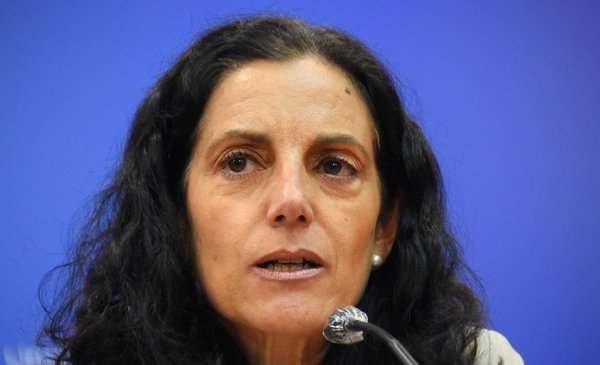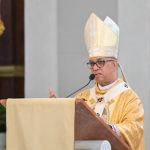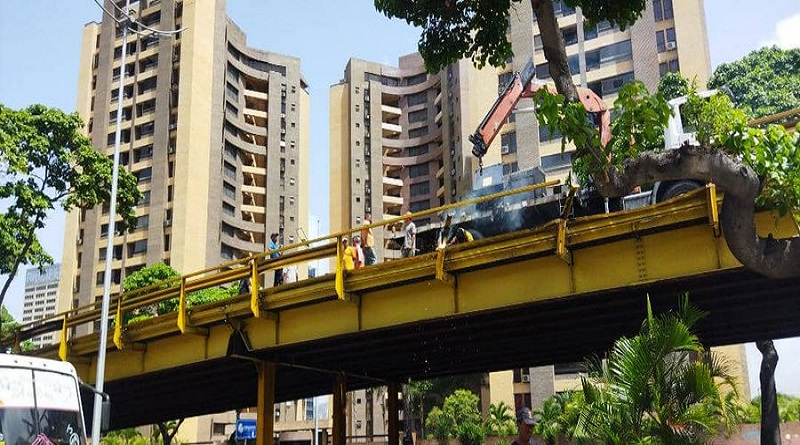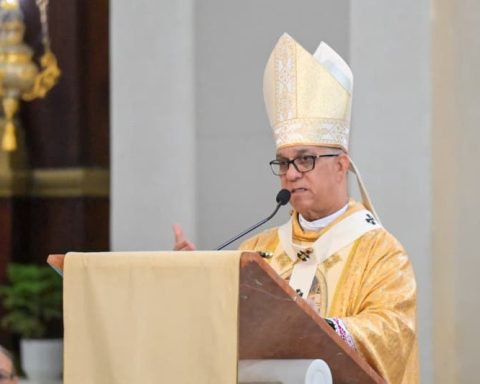The President Luis Lacalle Pou met this Monday in the Council of Ministers and some Secretaries of State They will give a press conference in which they will announce the main guidelines of the 2022 Accountability.
The conference is given by the Minister of Economy, Azucena Arbeleche; the one of Work, Pablo Mieres; that of Education and Culture, Pablo da Silveira; and the Interior, Luis Alberto Heber.
Arbeleche said that the Uruguayan economy is expected to grow 4.8%. “It’s one percentage point above what we estimated in February,” he said. In addition, he assured that 40 thousand new jobs will be created.
After negotiations that lasted several months between the different ministries and the economic team, headed by Arbelechethe president presented a Surrender with a budget increase of more than US$ 100 millionofficial legislators indicated to The Observer.
What is already known by the leaders is that the main increases are in the areas of education and security.
In the first point, the National Administration of Public Education (ANEP) requested an increase floor of US$ 62 million.
The educational entity wants have the necessary funds until 2024 to reach 60 María Espínola centers, improve director salaries, match that of the attached Y guidance counsellorsY renovate structures of some educational buildings in poor condition. In any case, the use of the new resources allocated to education generates differences within the coalition. While the Colorados are betting on educational transformation, the Whites want to prioritize teacher salaries.
When it comes to security, the Ministry of the Interior requested US$ 23 millionwith the purpose of buy 150 new vehicles and cover 1,500 vacancies in the Republican Guard, Fire Department and the National Rehabilitation Institute (INR).
On the other hand, the Ministry of Defence asked for funds for police salary increase Y soldierssomething in which it has the backing of Cabildo Abierto.
Beyond what the Executive Power defines, then the Parliament will have a three-month window to negotiate and redistribute the money. The Legislative Branch does not has the power to increase spending.


















